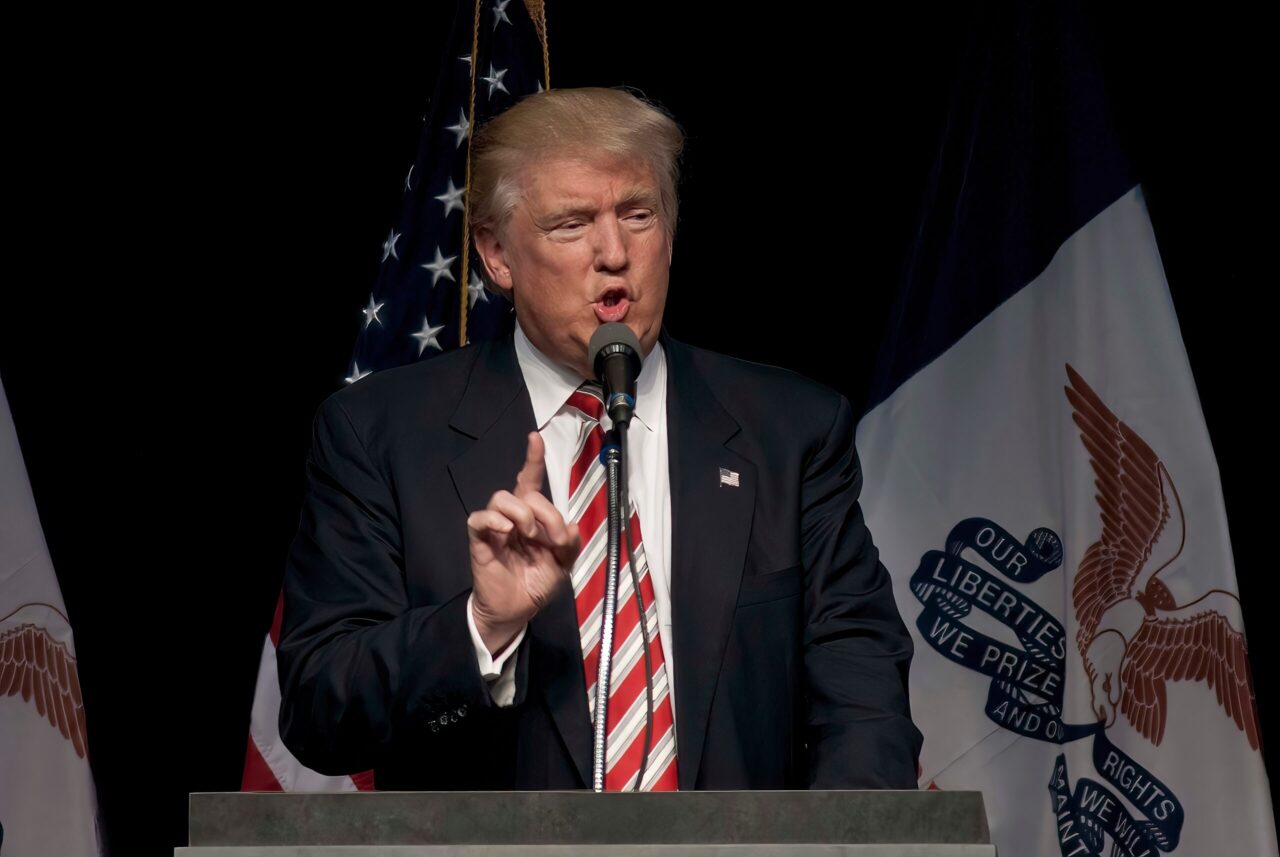Politics
Trump Accuses China of Funding Russia’s Ukraine Invasion

Donald Trump has leveled accusations at China, asserting that the nation is financially supporting Russia in its ongoing invasion of Ukraine. His comments, made in a recent statement, followed India’s Prime Minister Narendra Modi allegedly promising to halt oil purchases from Russia and to persuade China to do the same. This public criticism comes amid heightened global tensions surrounding Russia’s military actions, which began on February 24, 2022.
In response, China has firmly rejected Trump’s claims. According to Lin Jian, a spokesman for the Chinese Foreign Ministry, Beijing intends to maintain its trade relations with Russia. He characterized the United States’ accusations as “unilateral bullying” and “economic coercion,” warning that China would take “firm countermeasures” to protect its interests if necessary.
Trump’s statements reflect a broader concern regarding the global implications of Russia’s military actions in Ukraine. He highlighted the ongoing purchases of Russian oil by China and India as a means of funding what he termed Russia’s “special military operation.” Trump urged European nations still importing Russian oil to cease immediately, emphasizing the need for collective international action against Russia’s aggression.
The backdrop to these diplomatic exchanges is the significant economic sanctions imposed on Russia by a coalition of countries, led by the United States, following its invasion of Ukraine. These sanctions have primarily targeted Russia’s economy, with a particular focus on its oil and natural gas sectors, which are vital to the Kremlin’s financial stability. Despite these measures, some nations have faced challenges in reducing their dependence on Russian energy supplies.
China’s Stance and Global Implications
The relationship between Russia and China has evolved significantly in recent years, often described as a “no limits partnership.” This alliance has been marked by joint military exercises and economic cooperation, particularly following Russia’s exclusion from Western markets after its annexation of Crimea in 2014. While China has called for a peaceful resolution to the conflict, it has refrained from condemning Russia’s actions, a stance that contrasts with the response from numerous other nations.
Reports suggest that China may be providing critical military support to Russia, including sophisticated hardware necessary for the invasion. Allegations have surfaced regarding the supply of components such as engines for cruise missiles, machine tools for ballistic missiles, and microchips. The Russian military has reportedly faced severe shortages of microchips, forcing it to repurpose components from everyday consumer electronics for military applications. Beijing has denied these allegations, maintaining that it does not support military aggression.
As the situation develops, the international community watches closely. With Trump’s remarks echoing concerns about the geopolitical landscape, the implications of China’s ongoing trade with Russia remain significant. Analysts are divided on the potential for further sanctions or diplomatic efforts to resolve the conflict, highlighting the complexity of international relations in the current climate.
The ongoing war in Ukraine has not only reshaped bilateral relations but also raised critical questions about global energy security and the interconnectedness of economies. The intersection of these geopolitical tensions and economic interests will continue to influence global diplomacy moving forward.
-

 Science4 weeks ago
Science4 weeks agoALMA Discovers Companion Orbiting Giant Red Star π 1 Gruis
-

 Top Stories2 months ago
Top Stories2 months agoNew ‘Star Trek: Voyager’ Game Demo Released, Players Test Limits
-

 Politics2 months ago
Politics2 months agoSEVENTEEN’s Mingyu Faces Backlash Over Alcohol Incident at Concert
-

 World2 months ago
World2 months agoGlobal Air Forces Ranked by Annual Defense Budgets in 2025
-

 World2 months ago
World2 months agoMass Production of F-35 Fighter Jet Drives Down Costs
-

 World2 months ago
World2 months agoElectrification Challenges Demand Advanced Multiphysics Modeling
-

 Business2 months ago
Business2 months agoGold Investment Surge: Top Mutual Funds and ETF Alternatives
-

 Science2 months ago
Science2 months agoTime Crystals Revolutionize Quantum Computing Potential
-

 Top Stories2 months ago
Top Stories2 months agoDirecTV to Launch AI-Driven Ads with User Likenesses in 2026
-

 Entertainment2 months ago
Entertainment2 months agoFreeport Art Gallery Transforms Waste into Creative Masterpieces
-

 Business2 months ago
Business2 months agoUS Government Denies Coal Lease Bid, Impacting Industry Revival Efforts
-

 Health2 months ago
Health2 months agoGavin Newsom Critiques Trump’s Health and National Guard Plans









